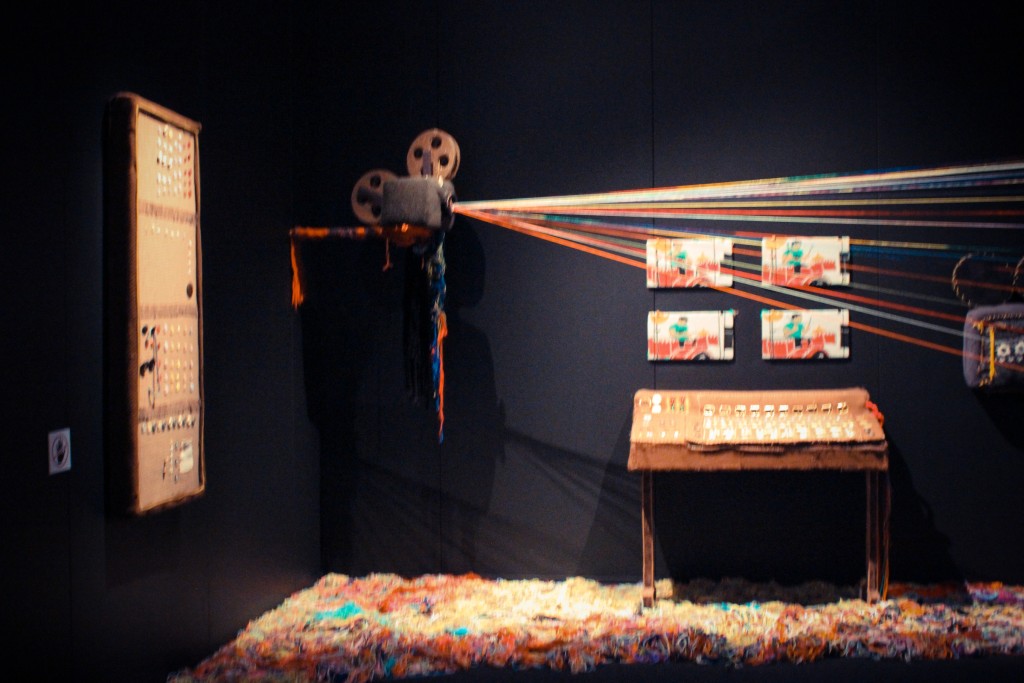The other night, I was flipping back and forth between CNN and MTV. While watching, I was struck with the contradictory nature of the two. CNN appealed to my intellectual interests and inclination to stay relevant with current political and social matters. MTV tapped at my emotional curiosities and my sense of staying relevant with youth and cultural matters. Now, my interest for music and social trends are not purely artificial. With that same token, my need to stay attuned with political trends is not deeply vital to me either. I have personal drives as well as ulterior motives that are connected to both. So I flipped back and forth because I know that both programs will enrich my teaching in the classroom. They will inevitably help in how I am relating to students.
This interest speaks to the social dynamic that teachers are required to navigate. Teachers must be able to loiter between two very diverse worlds. They must be grounded within an“adult world” which tends to be a space in which an awareness of political and economic matters somehow demonstrates one’s competencies and abilities to be taken seriously by peers. And they must also be able to hover within the domain of popular culture and the ever-changing social tastes of all things pertaining to our modern cultural community. Good teachers must be smart, intellectual and educated. Their knowledge on topics of history, science, and math must be well founded. But they must also be connected to “what is going on now” and able to communicate with youth in a relevant and engaging way. This is what makes an engaging teacher in this world.
Communication is the key in teaching an idea. The ability to relate is the best pedagogical practice a teacher can embody. Of course, most adults wish they had learned the importance of the political process or the workings of economy and finance sooner in life. How many times have you said to yourself or heard other adults say, “If I only knew then what I know now.” But, we have to ask ourselves honestly: Even if the importance of political activism and economic responsibility was preached to our ears in our early teens, would we have really listened? If a teacher told us to be political and smart with our money (and I am sure they did), how engaged would we really have been with that lesson? Unfortunately, interest in politics and economics and things of the adult world are not engaging to most children. Just like Justin Bieber’s latest song or who won Best Hip-hop Duo at the MTV awards doesn’t really do anything for most adults. The two worlds may be interlocked but they do not often overlap. But as teachers, you must find that common ground. To kids, politics and economics and other “grown up stuff” is abstract. Truthfully, it is abstract in the same way that most history and science information is. In order to connect with students, we need to communicate through the relatable and quantifiable. We must use ideas and realities that our youth can fully understand and engage with. In Social Sciences class, for example, use an awards show to teach how the voting process works. Use hip-hop music to teach students about metaphors and similes. Practice that ability to stay in tune with the professional world while staying relevant in the social one because keeping a vast perspective is the best way to critically connect with all of your students.
[share title=”Share this Post” facebook=”true” twitter=”true” google_plus=”true”]

